Different Kinds of jewish
Whatever kind of jew you are, there's probably wine
We’re not so into labels here at JewBelong, but the descriptions below will give you a sense of who’s who and where they fall on the Jewish spectrum. They’re the affiliations that people often use to guide them on things like choosing a synagogue or finding a rabbi for a special occasion, like a wedding or a funeral.
Whatever kind of Jew you are, you’ll love our fun booklets for each major holiday and lifecycle event!

Conservative
Being conservative has nothing to do with who you vote for (except maybe for Sisterhood president).
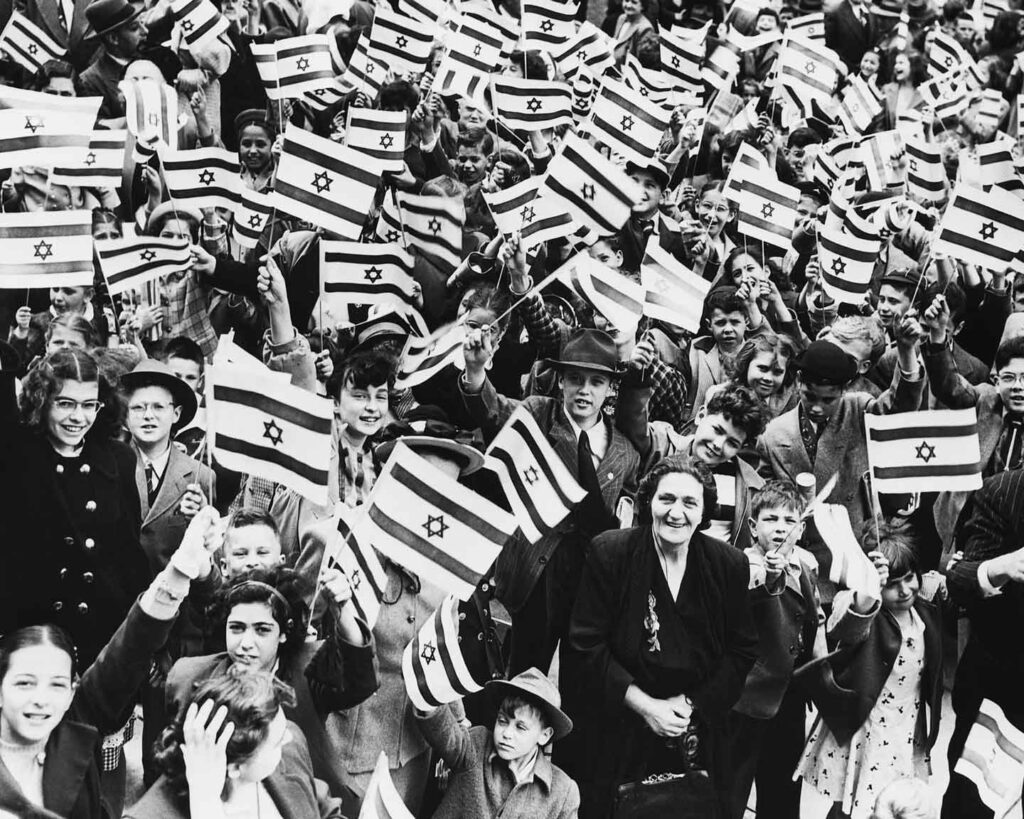
Conservative Judaism is a kind of middle ground between Reform and Modern Orthodox. The name comes from the idea of trying to “conserve” traditions rather than leaving them unchanged or full-out reforming them. Services are often a mix of Hebrew and English and there may be male and female rabbis, cantors, and educators. There’s a wide range of observance among Conservative Jews: Some keep kosher, some don’t; some refrain from work and driving on Shabbat, some don’t. In the 1970s, it was the biggest movement in American Judaism. It’s gotten smaller over time as more people have chosen to go toward one of the other multitudes of choices — or nothing, which is that part that makes us sad.

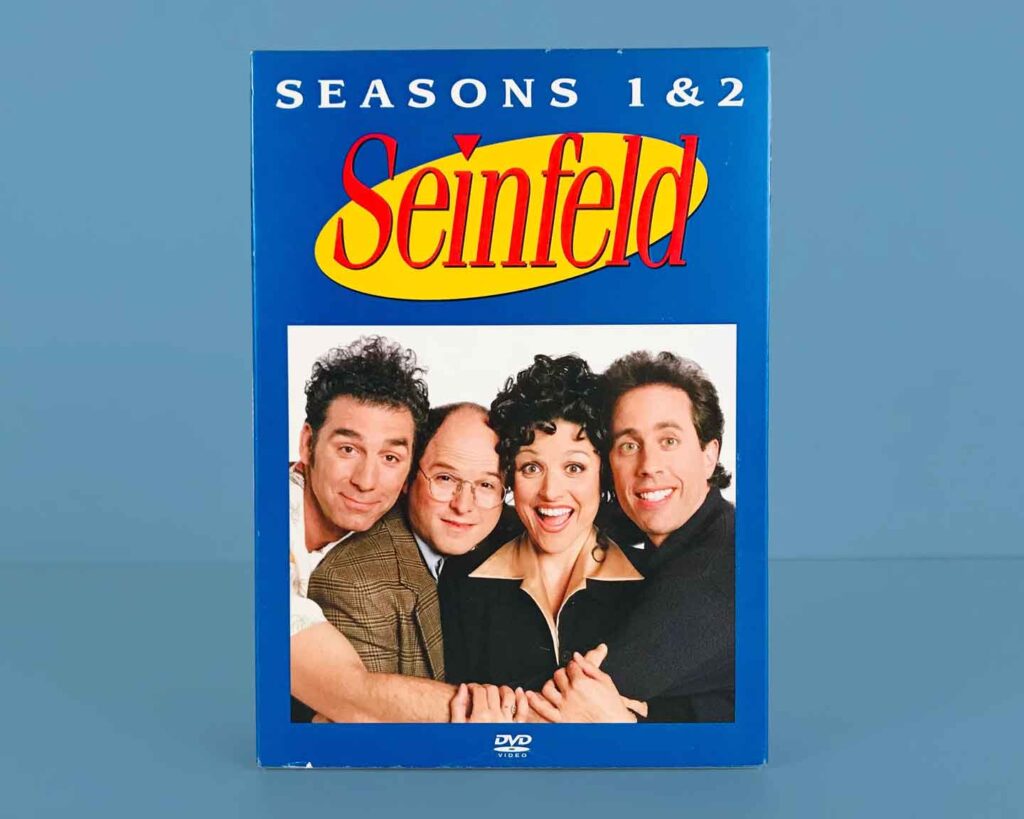
Culturally Jewish/Jewish-ish /JewCurious
If you’re JewCurious, you’ve come to the right place, 'cause you've got questions, and we've got answers!

These are the people who have a Jewish heritage but aren’t really into it or connected in any meaningful way. They probably identify more with bagels and Seinfeld than with prayers or synagogues. Their Jewish identity might come from going to an annual Passover Seder, celebrating the High Holidays, having had a bris (yeah, that’s a daily reminder), or fond memories of their Bar/Bat Mitzvah party. Or maybe it’s just the thought of their grandmother’s latkes. They may sometimes want to connect with the religious part, like when a relative dies and it’s time to sit shiva, but it’s not an everyday thing. There are lots of reasons people feel more Jewish-ish than Jewish, like having one Jewish parent, or a non-Jewish partner, or not having observed any Jewish ritual growing up. The thing about this group is that it is likely a single-generation phenomenon. The Judaism seems to weaken with every generation. A typical example of this is that in 1945, the grandparents kept kosher and joined a synagogue. In 1969, the parents just joined a synagogue. In 1998, the kid just felt culturally Jewish and in 2020, what then? On the other hand, folks who are Jew-Curious may or may not have Jewish heritage, but they do have some interest in learning about Judaism. Someone who married into a Jewish family, or maybe just someone who wants to learn more about the religion, because who wouldn’t, might be considered JewCurious.
Disengaged Jews
Pssstt... Yeah, you... Please share JewBelong with the DJs in your life. (Seriously, can you help us out a little? We spend a lot of time on this stuff.)

Our target market… come to Mama! Disengaged Jews are arguably the biggest group of Jews and they are doing very little, if anything, Jewish — yet. Sometimes with Judaism it’s easy to feel like you don’t belong. We sooo get it. That’s literally why our name and tagline is JewBelong: for when you feel you don’t! This is the group that JewBelong was created for. And if you’re not a DJ, please think about the DJs in your life and consider sharing JewBelong with them.

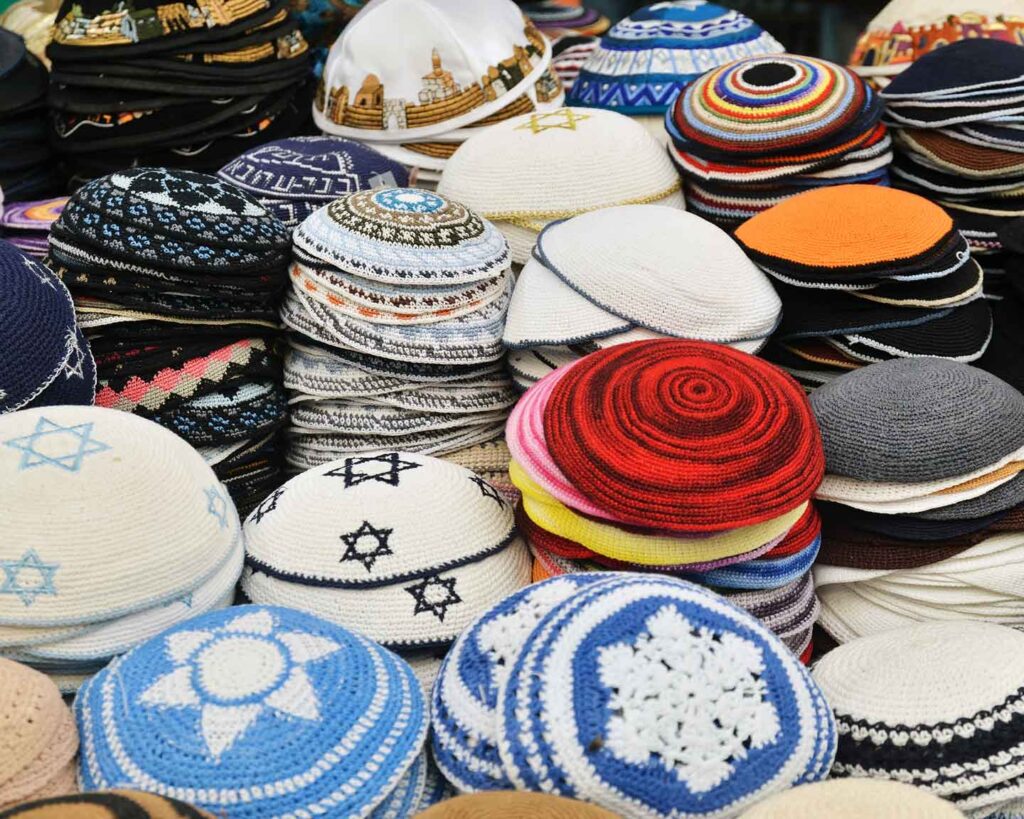
Modern Orthodox
You can't always tell if someone is Modern Orthodox just by the way they dress.

Modern Orthodox Jews generally follow religious law strictly, but they are also full participants in modern society. They generally keep kosher, observe Shabbat with an all-the-rules approach, belong to a synagogue and go to services, have children in Jewish day school, and so on. Most Modern Orthodox men wear kippot or yarmulkes. (Actually, most Modern Orthodox men wear those crocheted yarmulkes.) Modern Orthodox women run the gamut from those who cover their hair with a pretty scarf, or some who might wear a wig in public. Or some who don’t cover their hair at all, except probably in synagogue. And no halter tops or booty shorts for Modern Orthodox women — they dress modestly with shirts that cover their shoulders and skirts that go to the knee.
Non-denominational, Post-denominational, Unaffiliated
For when 'none of the above' feels just right.

With all the Jewish movements, there just has to be room for all of those folks who just don’t fit into any of them. At this point, these affiliations are more of an art than a science and you gotta feel for these poor rabbis who are simply trying to lead a community of Jews whose taste and interests are constantly changing. TBH, if you take a look in the larger Jewish cities, like New York, L.A., or Chicago, there are some very cool unaffiliated synagogues worth checking out.


Reconstructionist
Reconstructionism sometimes seems a little hippy-ish or granola but we kind of love that!

Reconstructionist Judaism lands somewhere between Conservative and Reform. It started as an offshoot of the Conservative movement but today it’s closer to Reform. Services and observance seem traditional, but the overarching idea is that Jewish values and practices take precedence over religious rules and traditions. Reconstructionist Judaism seems to work well for interfaith families or Jews by choice. It’s heavier on meaning, welcoming and spirituality than on dogma.
reform
Want to go to services that are mostly in English? The Reform movement might be for you!
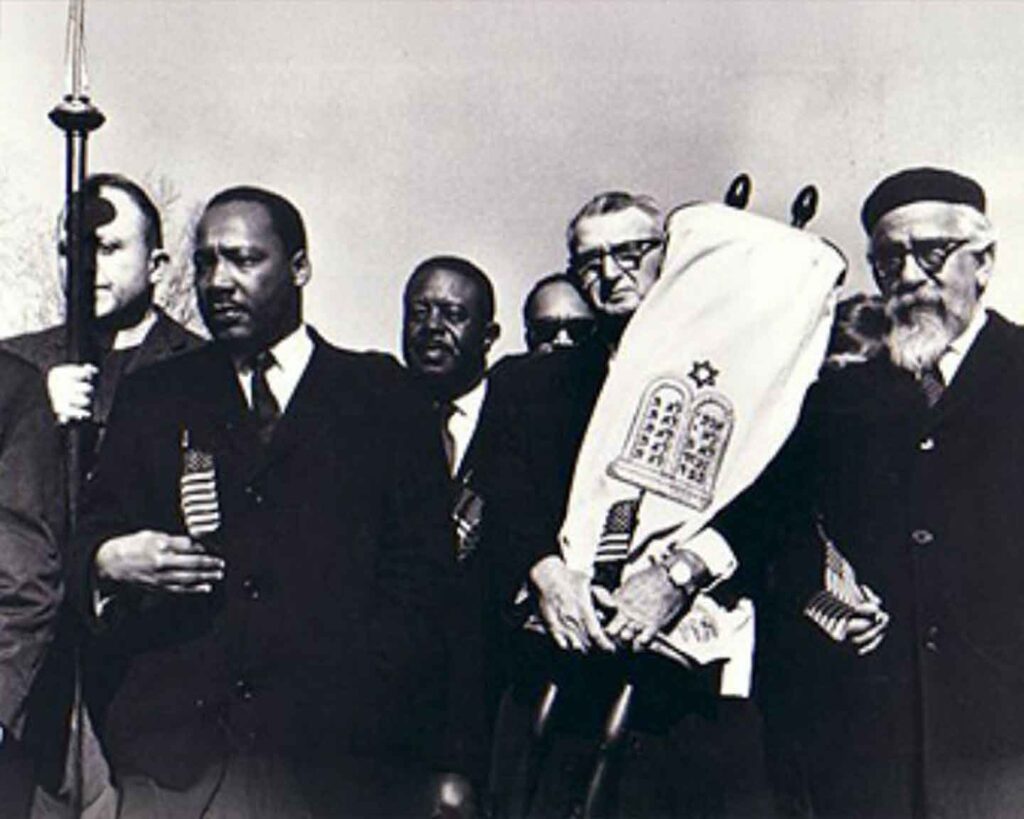
The Reform movement is known for being less bound to rule-following and more focused on Jewish values. Maybe not coincidentally, it’s the largest group of North American Jews. Progressive, inclusive, and committed to equal rights (even before being all those things was a thing), it was the first organized movement to ordain women as rabbis and cantors and to elect women as presidents of synagogues. Reform services are often in English (sometimes with a guitar or other musical instrument), and people often don’t wear yarmulkes or tallit. If you listen closely, you can sometimes hear more observant Jews bitch about the Reform Movement saying it’s barely Jewish or Jewish lite, and they are not saying it like it’s a compliment. That being said, plenty of people, including us, love the Reform movement.

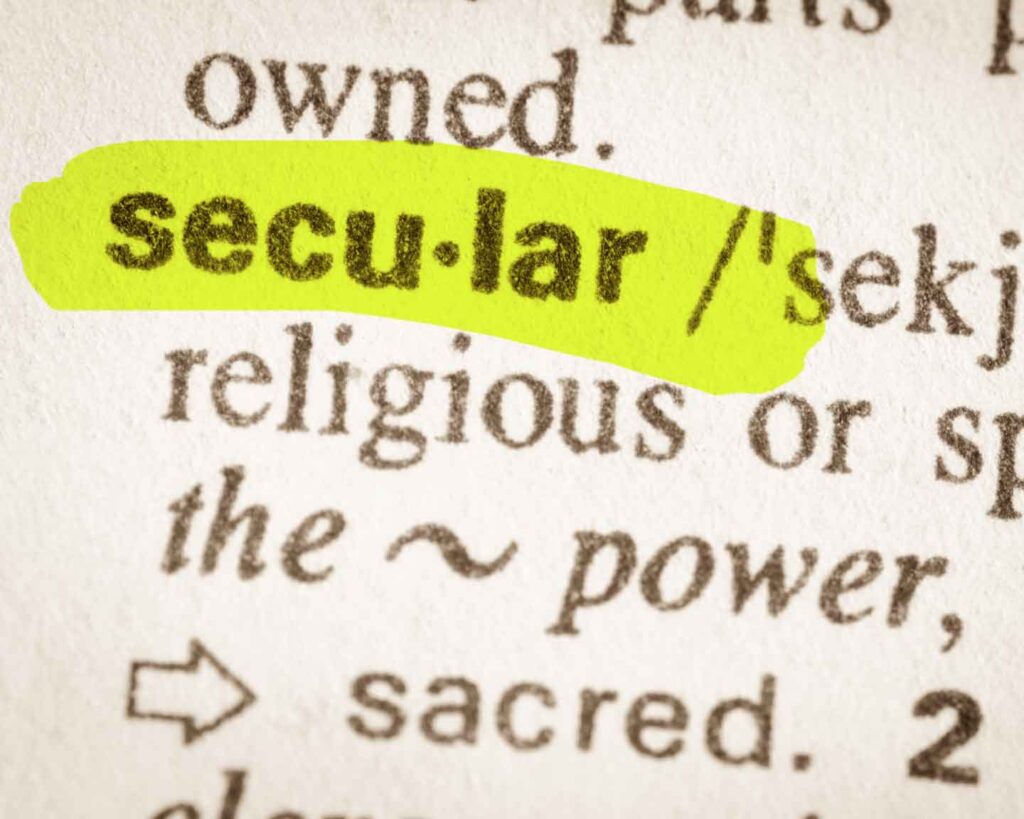
secular
Yup, we're gonna say it. You don't need to believe in God to be a "good Jew." (Seriously though, the term "good Jew" kind of gives us hives.)

Yup, you can be an atheist and a Jew. One of the coolest things about Judaism is that it does not demand belief in God to be a good Jew. It puts acts of kindness in front of faith. Secular Jews often include Jewish traditions and values in their lives. Some may also belong to a synagogue or another Jewish community that does Jewish stuff but that don’t have a big focus on the God parts. Almost half of American Jews consider themselves Secular or somewhat Secular, according to a Pew study that was done in 2013. So yeah, this is a big group.
ultra-orthodox
On the other hand, you can generally tell if someone is Ultra-Orthodox by the clothes they wear.
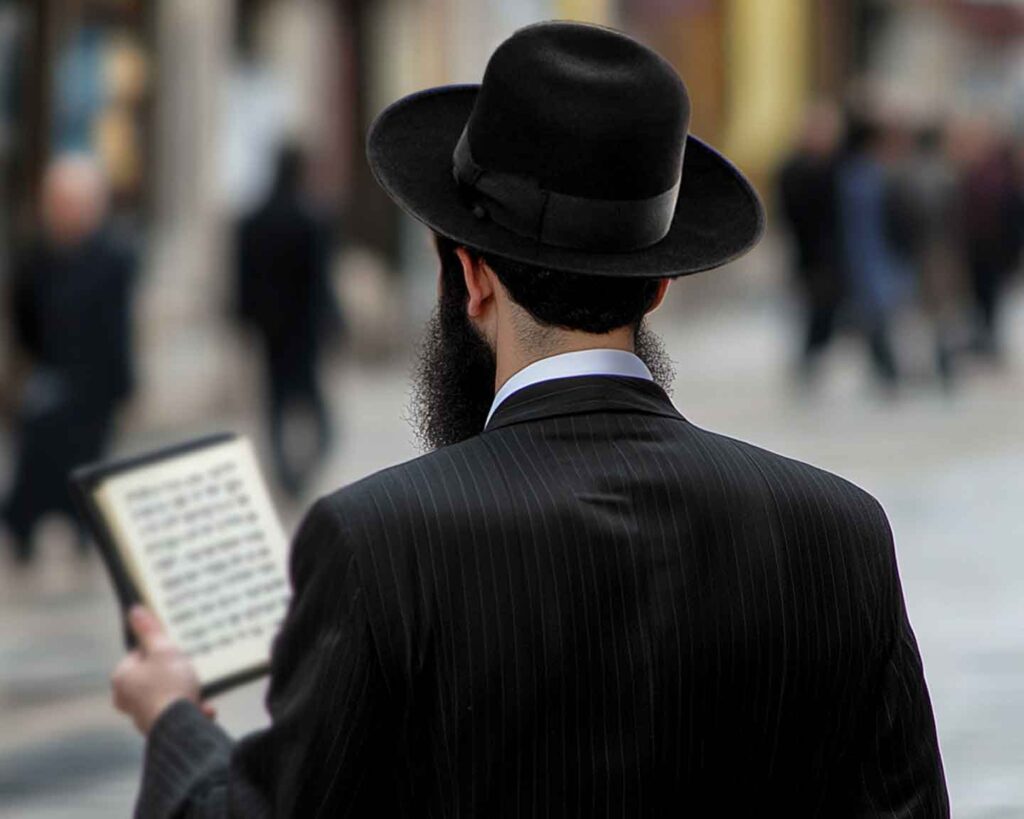
Also known as Haredi or Hasidic Jews, these are the folks you see wearing black coats and hats with beards and, depending on their tradition, payot (side curls). Women are generally covered head to toe as well, and many wear wigs to cover their hair once they are married. (And no, according to the Ultra-Orthodox Jews we’ve asked, they don’t mind the heat any more than most do.) Men and women sit separately in Ultra-Orthodox synagogues, and women aren’t allowed to participate in some of the rituals, like reading from the Torah. It’s a broad group of people with many separate communities, but the one thing they generally agree on is that modern secular culture is not for them. Ultra-Orthodox communities tend to be tight-knit and focused around religious practice and guidelines. There’s also a group called the Jewish Renewal movement, which, according to their website “combines the ecstatic prayer of Hasidic Judaism with a contemporary ethos of gender egalitarianism, environmental consciousness, progressive politics and appreciation of religious diversity,” which sounds nice, but it’s a pretty small group. Paradoxically, Chabad is an Ultra-Orthodox organization, but their focus is on Jewish outreach and they go out of their way to be welcoming, especially toward those with less knowledge of Jewish tradition.
